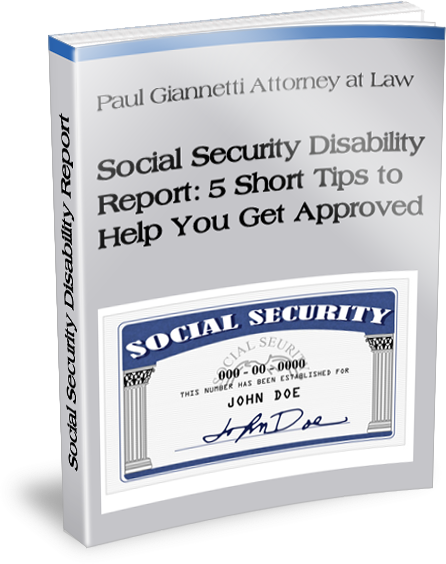 The Social Security Administration (SSA) uses a five-step sequential process to evaluate whether you are disabled. The process can be a little confusing to follow. Essentially, it provides two alternative routes for proving you are disabled. Either route will lead to a finding that you are disabled. Along these routes are six roadblocks. If you don’t have the proof to pass through the roadblock, your claim will be denied. Here’s a breakdown of how it works.
The Social Security Administration (SSA) uses a five-step sequential process to evaluate whether you are disabled. The process can be a little confusing to follow. Essentially, it provides two alternative routes for proving you are disabled. Either route will lead to a finding that you are disabled. Along these routes are six roadblocks. If you don’t have the proof to pass through the roadblock, your claim will be denied. Here’s a breakdown of how it works.
Route #1
The first route to disability requires you to prove the following:
- You are not engaging in substantial gainful activity (i.e., you are not earning more than a minimal amount).
- You have a severe impairment.
- Your impairment has lasted or is expected to last for at least 12 continuous months or end in death.
- Your impairment meets or equals one of the impairments described in the Social Security regulations known as the Listing of Impairments.
Route #2
The second route to disability requires you to prove the following:
- You are not engaging in substantial gainful activity.
- You have a severe impairment.
- Your impairment has lasted or is expected to last for at least 12 continuous months or end in death.
- You are unable to do your past relevant work (i.e., the easiest job you had in the past 15 years).
- Considering your age, education and work experience, there is no other work that you can do that exists in the national economy in significant numbers.
Six Roadblocks to Disability
There are six possible roadblocks that will preclude the SSA from deciding you are disabled.
- You are working at the substantial gainful activity level.
- You do not have a medically determinable impairment.
- Your impairment does not significantly limit your physical or mental ability to do basic work activities.
- Your impairment has not lasted or is not expected to last for 12 continuous months or result in death.
- You are still capable of doing your past relevant work.
- You are still capable of other work, given your age, education, and work experience.
